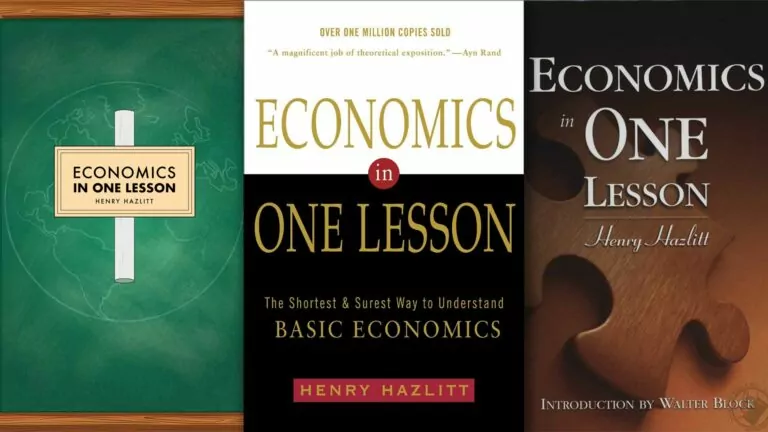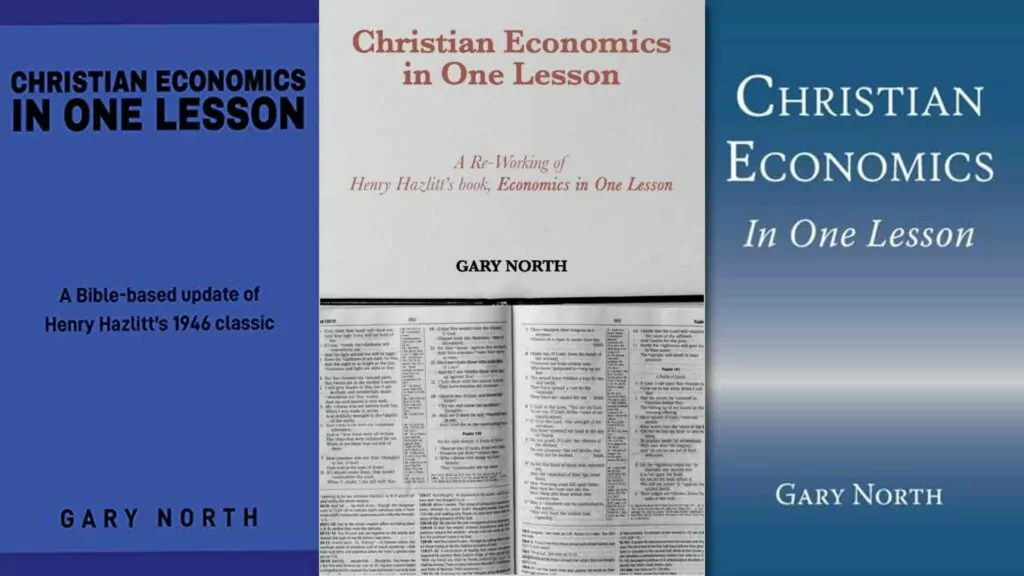by Henry Hazlitt
1946 / 193 pages
Universal basic income, a four-day work week, and government-funded daycare are just a few big-ticket proposals that are gaining momentum nationally, and even within our own church circles. All these proposals boil down to getting more while doing less. Promises have been made that middle and lower class families will not have to pay a cent more in taxes but the wealthy 1% will do all the heavy lifting.
In Economics in One Lesson, Henry Hazlitt argues that all these policies can’t deliver what they promise. He argues that many of these proposals only focus on a special interest group in the present and fail to consider how the proposal will affect the general populace both now and in the future.
For example, when a government announces a multitude of public “make-work” projects, at first glance these projects seem like a good idea, or at least seem like they couldn’t do any harm. The citizens get:
-
- An employment opportunity
- Tangible infrastructure
But Hazlitt warns that although these benefits look attractive, there are many indirect consequences that are not considered.
First, someone must pay for these employment opportunities. For every dollar spent on a public work project, a dollar will be taken away from a taxpaying citizen. Not only are the citizens as a whole worse off, there is now less money for them to create new jobs.
Second, now that the infrastructure exists it is easy to assume that without that piece of infrastructure the country would be worse off – having a bridge would seem obviously better than not having a bridge. But in reality, one thing has been created instead of others. Instead of the government-built bridge there could’ve been citizen-built houses, or cars, or dresses and coats. All of these items are unrealized because the bridge is now standing.
Although Hazlitt wrote this over 70 years ago, many of the issues he deals with are just as relevant as ever. We should be wary of governmental promises to ease our daily tasks. Our sinful nature yearns for an easy life; that is why these promises are so alluring to us. However, as Christians we are not called to an easy life. That does not mean that we should always seek out the hard way, but we shouldn’t become entangled in false promises of an easy way.
To get Economics in One Lesson as a free pdf book, click here.













